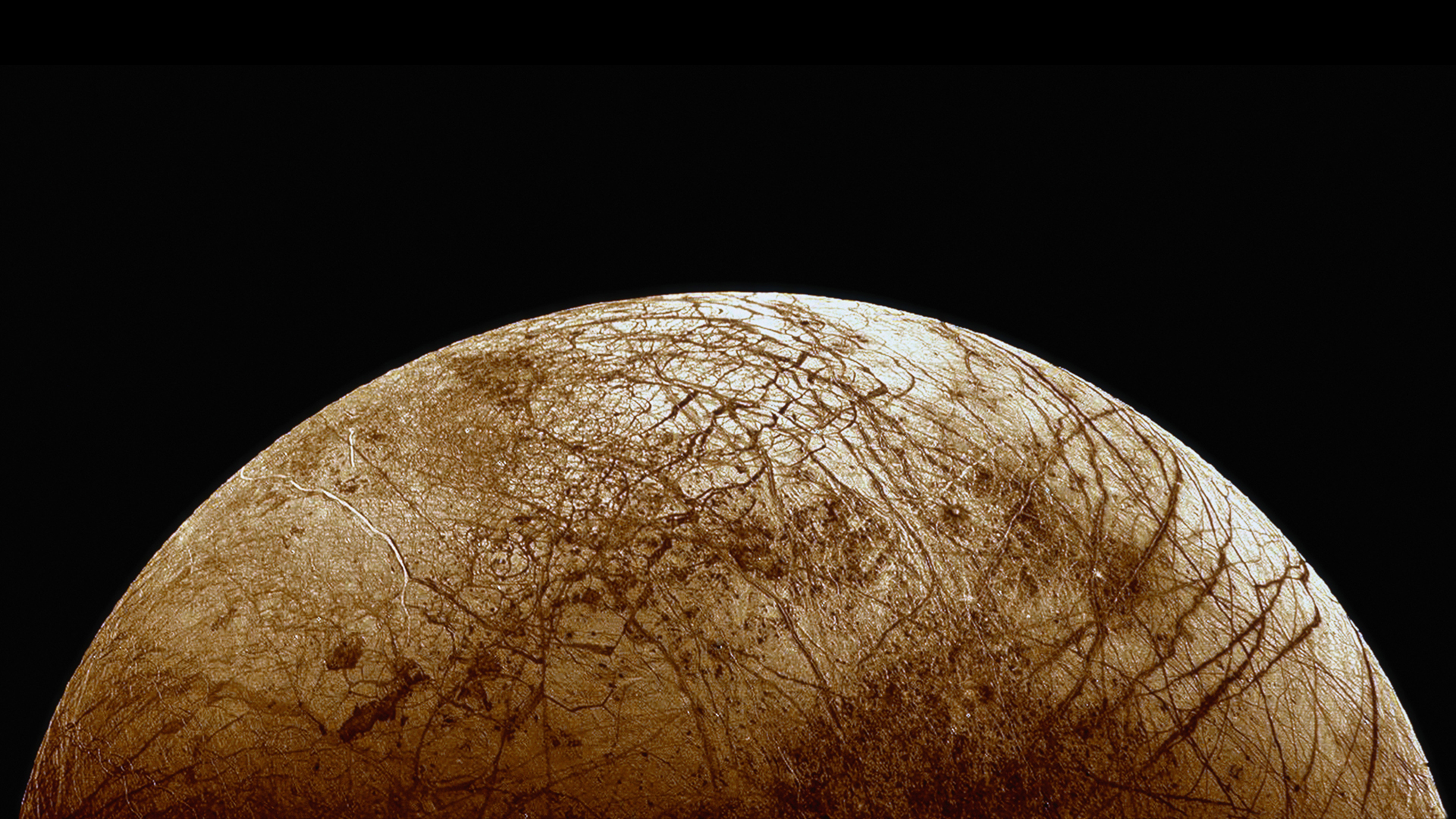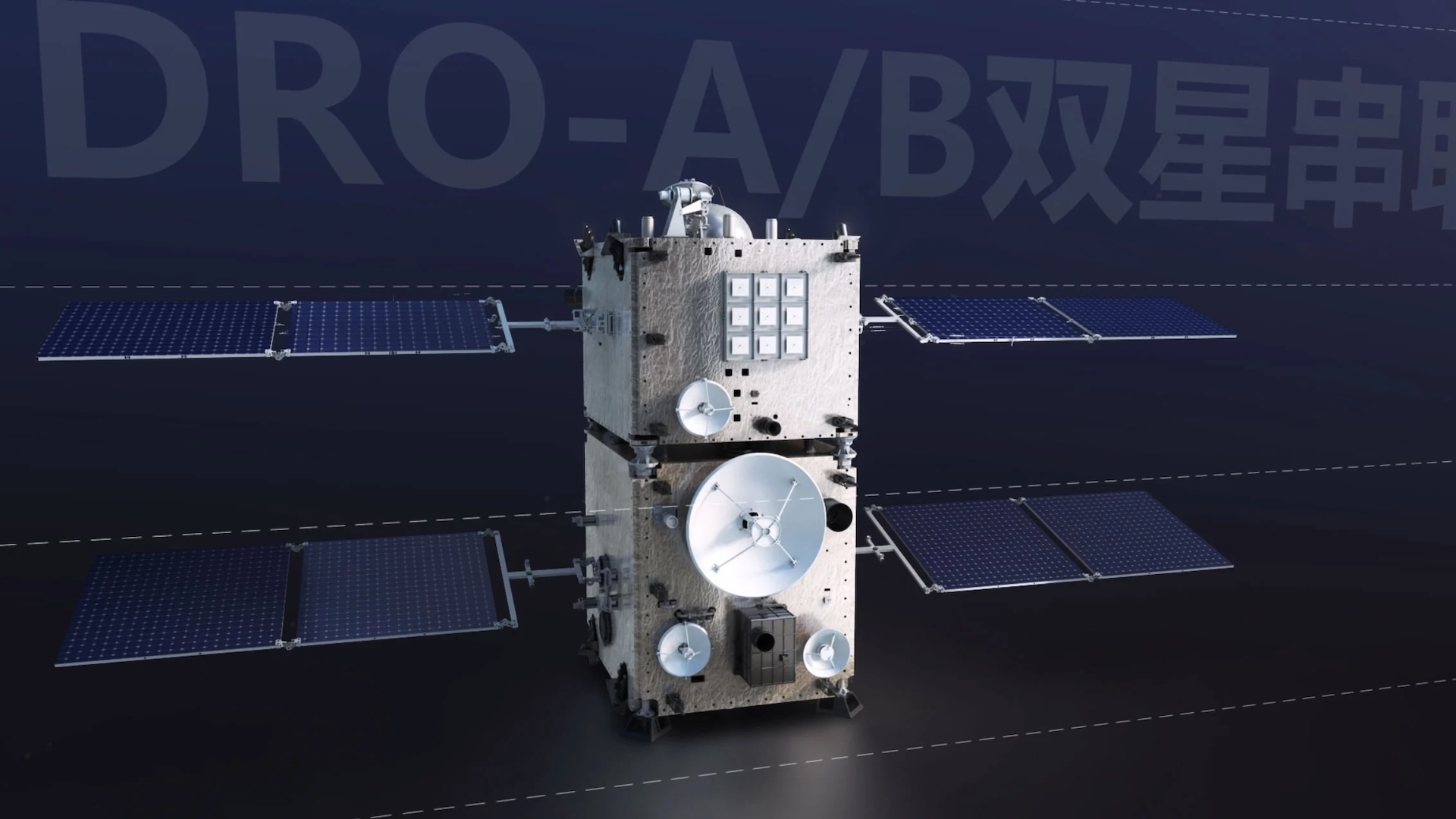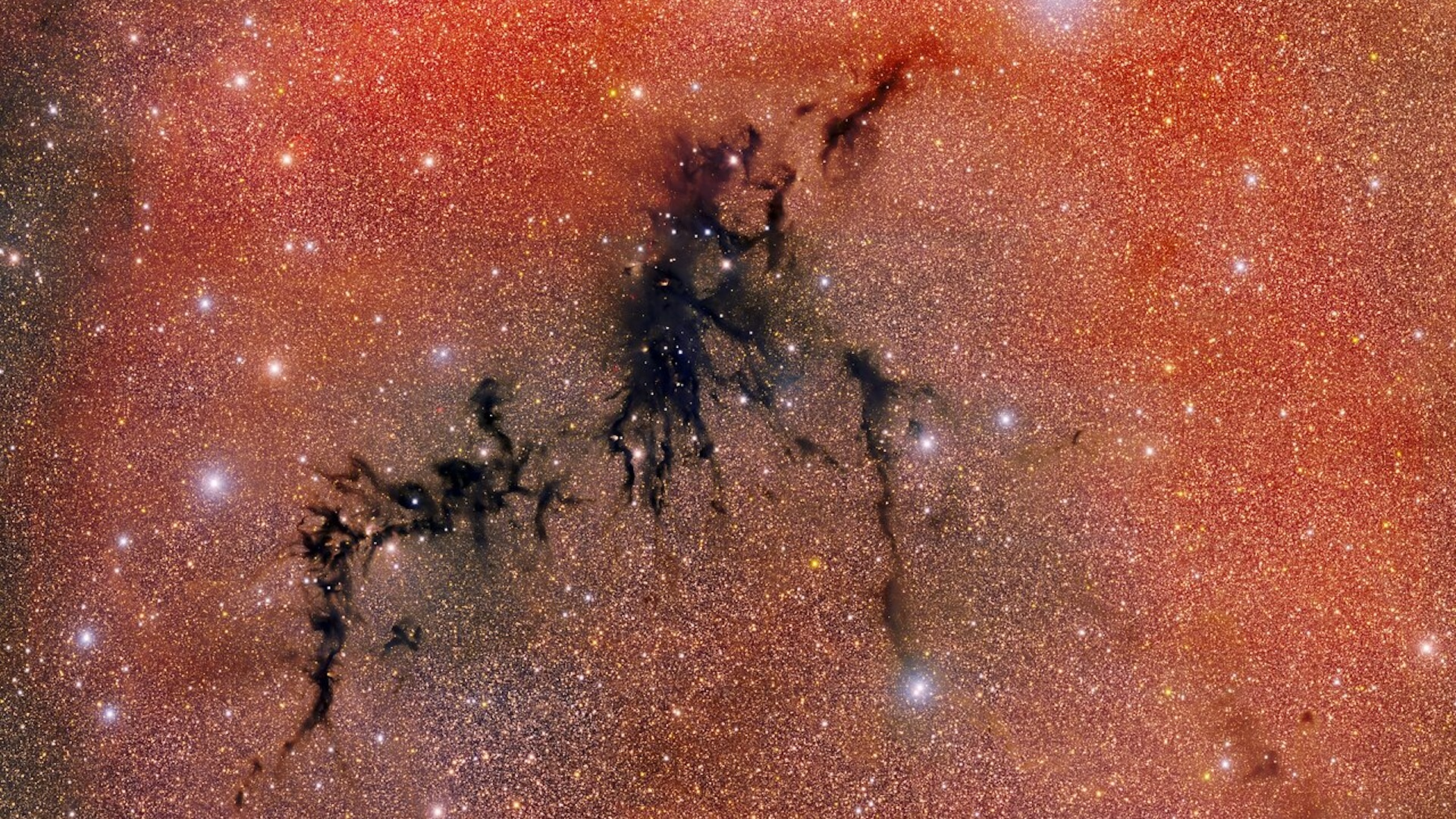Jupiter's moon Europa lacks oxygen, making it less hospitable for sustaining life
Data compiled from NASA's Juno mission shows that Europa, Jupiter's ice-covered moon, severely lacks oxygen.

Europa, Jupiter's ice-cloaked ocean moon, contains far less oxygen than previously thought, making it a poor candidate for sustaining alien life.
Researchers came to this conclusion after analyzing data compiled from NASA's Juno mission. Calculations from a 2022 flyby of the Jovian moon revealed that Europa's frozen surface only produces about 26 pounds (12 kilograms) of oxygen per second, according to a study published March 4 in the journal Nature Astronomy.
This number is far lower than previous computer model predictions, which estimated the surface produced 2,205 pounds (1,000 kg) of oxygen per second. That implies the moon's life-sustaining oxygen supply is "more like a trickle, not a torrent," according to Scientific American.
"It's on the lower end of what we would expect," lead study author Jamey Szalay, a plasma physicist at Princeton University, told The New York Times.
However, scientists remain optimistic that Jupiter's fourth largest moon, which is perhaps best known for having an underground ocean, could still harbor life in the form of microbes and that the oxygen scarcity is "not totally prohibitive" for habitability, Szalay added.
Related: Missions to the moon, Mars, Jupiter and more: These are the coolest space missions in 2024
Unlike here on Earth, where the photosynthesis of plants, algae and cyanobacteria pump life-sustaining oxygen into the atmosphere, on Europa "charged particles from space bombard the moon's icy crust," causing the frozen surface to release hydrogen and oxygen molecules, according to The New York Times.
Sign up for the Live Science daily newsletter now
Get the world’s most fascinating discoveries delivered straight to your inbox.
"The ice shell is like Europa's lung," Szalay told The New York Times. "The surface — which is the same surface that protects the ocean underneath from harmful radiation — is, in a sense, breathing."
Even though there are currently no plans for Juno to pass by Europa again, NASA's upcoming Europa Clipper mission will launch later this year and is scheduled to arrive in Jupiter's orbit by 2030. That mission will help "determine if Europa has conditions that could be suitable for life," according to the statement.
Jennifer Nalewicki is former Live Science staff writer and Salt Lake City-based journalist whose work has been featured in The New York Times, Smithsonian Magazine, Scientific American, Popular Mechanics and more. She covers several science topics from planet Earth to paleontology and archaeology to health and culture. Prior to freelancing, Jennifer held an Editor role at Time Inc. Jennifer has a bachelor's degree in Journalism from The University of Texas at Austin.









